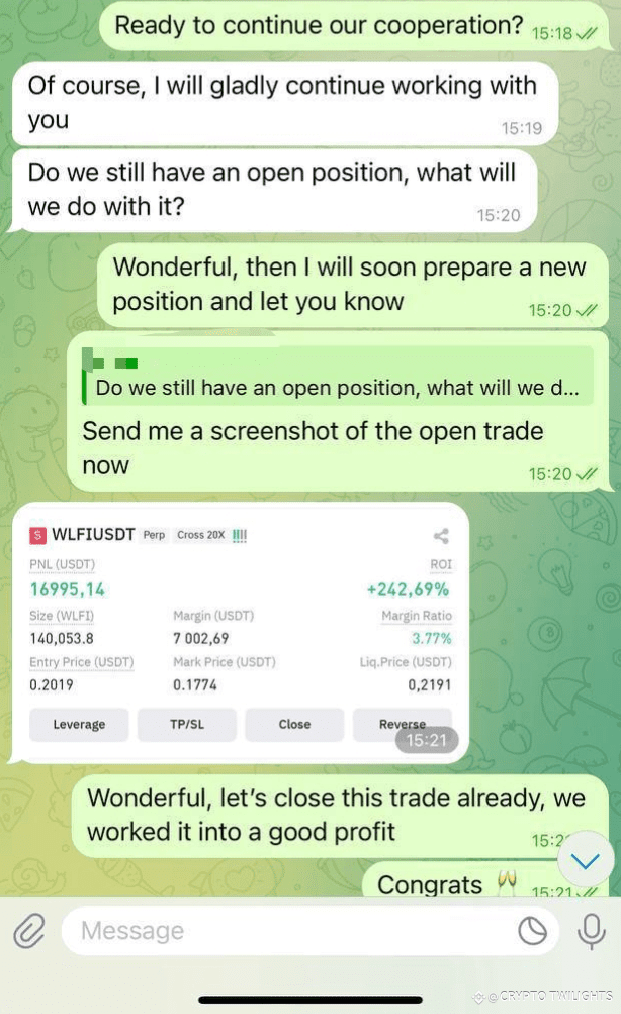📈 Knowing When to Close a Trade: The Real Art of Trading
In trading, people often talk a lot about finding the “perfect entry.” Traders spend endless hours studying charts, waiting for the right breakout, analyzing candlesticks, and trying to catch the exact moment to jump into the market. But here’s the truth many forget: the entry is only half the job. The real skill lies in managing your open positions and knowing when to close them. 🕒💡
Think about it this way—when you enter a trade, you’re taking on risk. The market doesn’t care about your analysis or predictions. Prices can move up, down, or sideways. That’s why having a clear plan for your open trades is what makes the difference between consistent profit and unnecessary loss.
🔑 1. Why Managing Open Positions Is So Important
Opening a position is exciting—it feels like you’ve taken action and are “in the game.” But once you’re inside the trade, the emotions start: fear, greed, doubt, or overconfidence. If you don’t manage those emotions with discipline, you’ll likely exit too early and miss out on profit, or worse, hold too long and watch a winning trade turn into a loss.
Managing an open position is about balance:
Protecting your capital 💵 – using stop-loss levels to make sure one trade doesn’t destroy your account.
Securing profits 🔒 – deciding when to take profit before the market reverses.
Adjusting to new data 📊 – being flexible when the market changes direction or new information comes in.
🧠 2. The Psychology Behind Closing Trades
The decision to close a trade is rarely just technical—it’s deeply psychological. Many traders hold onto losing positions, hoping the market will “come back.” Others close winning positions too early because they’re afraid of losing the profit they already have.
The challenge is this:
Greed pushes you to keep holding for “just a little more.”
Fear makes you exit before the trade has reached its true potential.
A disciplined trader learns to silence both voices. They close trades based on a plan, not on feelings. That’s why professional traders always say: plan the trade and trade the plan. ✅
📊 3. Signs It’s Time to Close a Trade
Here are a few practical signs that might tell you it’s time to exit:
Target Reached 🎯 – If your take-profit level is hit, stick to the plan. Don’t let greed convince you to risk it all for a few extra points.
Market Reversal Patterns 🔄 – If you see strong reversal signals (candlestick patterns, divergences, or sudden volume spikes), it might be better to secure profits.
News Impact 📰⚡ – Major news events can quickly flip the market against your position. If you’re already in good profit, consider closing before uncertainty kicks in.
Violation of Your Setup ❌ – If the market breaks the structure that made you enter in the first place, there’s no reason to stay inside the trade.
🕹️ 4. Example: Turning Risk into Reward
Imagine holding a short trade with clear profit showing on the screen. At that moment, two options appear:
Stay in, hoping for more – but risk losing everything if the market bounces.
Close the trade and lock in profit – making sure you walk away with gains.
The wiser move is often to close the trade once the profit is significant. Every trade is temporary; what matters is the long-term growth of your account, not squeezing every last drop from one position. 🌱📈
⏳ 5. Long-Term Discipline Beats Short-Term Emotions
Successful traders know that trading is a marathon, not a sprint. They don’t aim to win every single trade; they aim to win consistently over time. Closing a trade in profit, even if it wasn’t the “maximum profit possible,” is still a victory. 🏆
The market will always offer new opportunities. But if you hold onto greed and ignore your exit plan, you may lose more than you gain. Discipline is what separates traders who last from those who burn out quickly.
💭 Final Thoughts
Closing a trade is not a sign of weakness—it’s a sign of strength. It means you had a plan, executed it, and walked away with results. Whether the profit is small or big, what matters is that you protected your capital and grew your account.
So the next time you’re in an open position and you see that your setup has played out, remember: don’t wait for perfection. Perfection doesn’t exist in trading. Take the profit, reset, and prepare for the next move. 🚀
At the end of the day, trading isn’t about winning one “big” trade. It’s about building a strategy, sticking to it, and repeating the process over and over. Consistency, discipline, and smart decision-making are the real secrets behind long-term success.
🔒 Protect your capital.
💡 Trust your plan.
🎯 Take your profits.
And most importantly—trade smart, not emotional.

